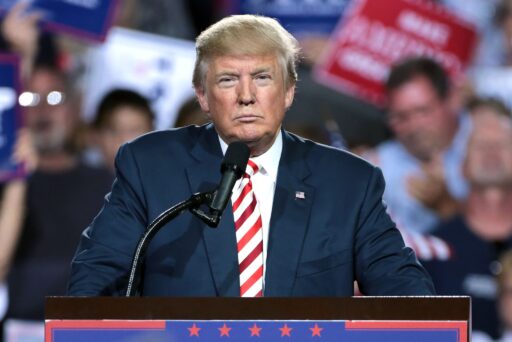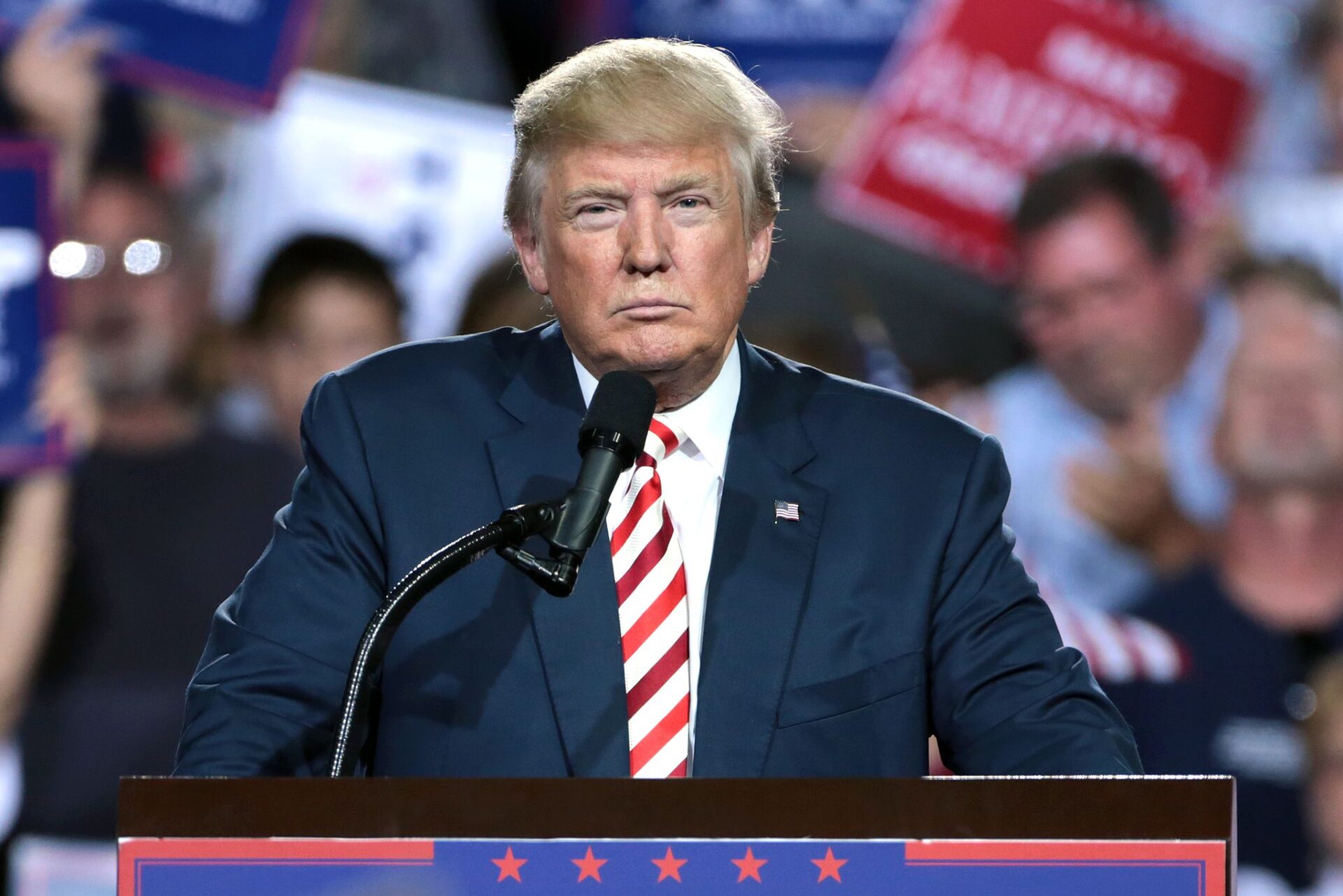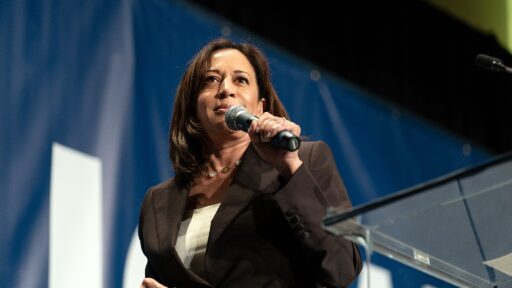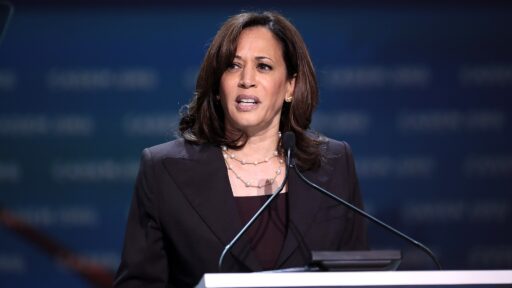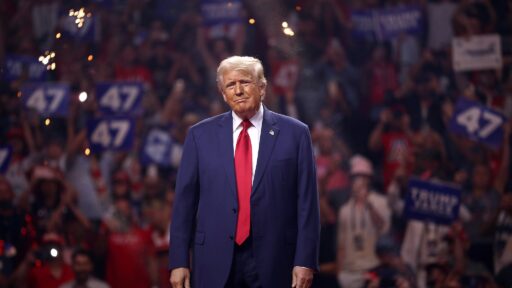GOP Raises Questions About Trump’s Economic Plans
As he embarks on his third presidential campaign, former President Donald Trump is putting tariffs back on the table as a central economic strategy. His proposals are ambitious, aimed at addressing a range of pressing issues, including soaring grocery prices, the national deficit, and the high costs of childcare. Trump argues that tariffs—taxes levied on imported goods—can revitalize the American economy and restore fairness in trade.
Trump has floated a striking idea of imposing tariffs as high as 60% on imports from China and a blanket 10% tariff on all goods entering the U.S. He believes this approach will generate significant revenue, which he claims could be redirected to alleviate childcare costs. “We’re going to be taking in trillions of dollars,” Trump stated, emphasizing that the funds could address critical domestic needs while also promoting American manufacturing.
His rhetoric also takes a hard stance against companies considering relocating production overseas. In a recent statement aimed at John Deere, Trump warned of a potential 200% tariff on products from companies that shift their manufacturing out of the U.S. Similarly, he targeted the auto industry, insisting that hefty tariffs would keep jobs in American factories. “You better stay in Michigan,” he cautioned, reinforcing his commitment to protect American workers.
While many in the Republican Party rally behind Trump’s populist approach, there are voices of caution. Some senators express concern that broad tariffs could inadvertently raise prices for American consumers, potentially backfiring on the very voters Trump seeks to support. Senate Minority Leader Mitch McConnell articulated this apprehension, favoring free trade policies that have historically boosted job growth.
Despite the skepticism, polls show that a majority of registered voters support Trump’s tariff plans, suggesting a strong public appetite for his approach to trade and economic nationalism. Trump’s supporters view tariffs as a necessary tool to rebalance international trade and hold foreign competitors accountable.
Critics, however, argue that the economic impacts of tariffs are complex. They often lead to retaliatory measures from other countries, which can harm American exporters and create a cyclical trade war that may hurt the U.S. economy in the long run. Even some of Trump’s allies see tariffs primarily as a negotiating tool rather than a definitive solution to economic challenges.
In this evolving political landscape, Trump’s tariff proposals reignite the debate over the balance between protecting American jobs and fostering a free trade environment. For many Republican voters, the stakes are clear: they are looking for bold leadership that prioritizes American interests and revitalizes the economy. Whether Trump’s approach can deliver on these promises remains to be seen, but it undoubtedly has sparked a vital conversation within the party and beyond.


